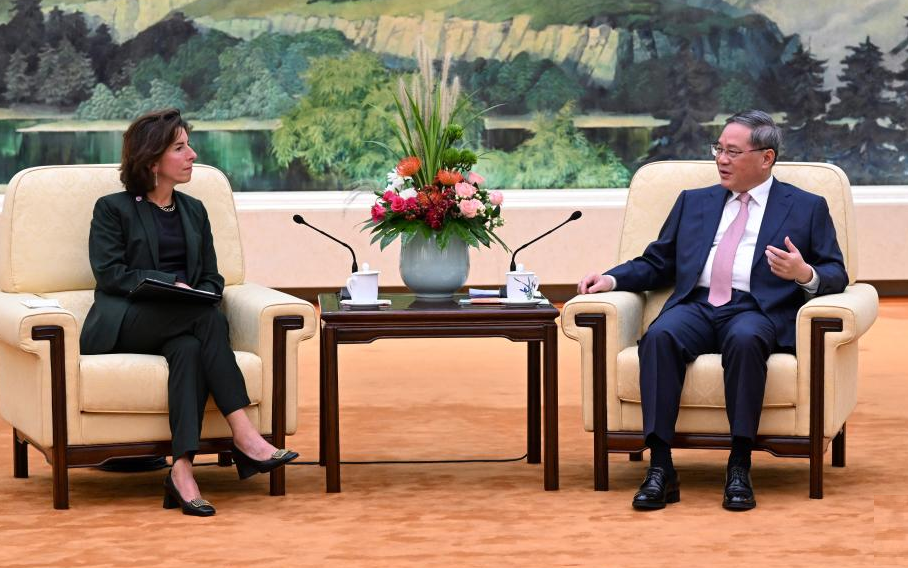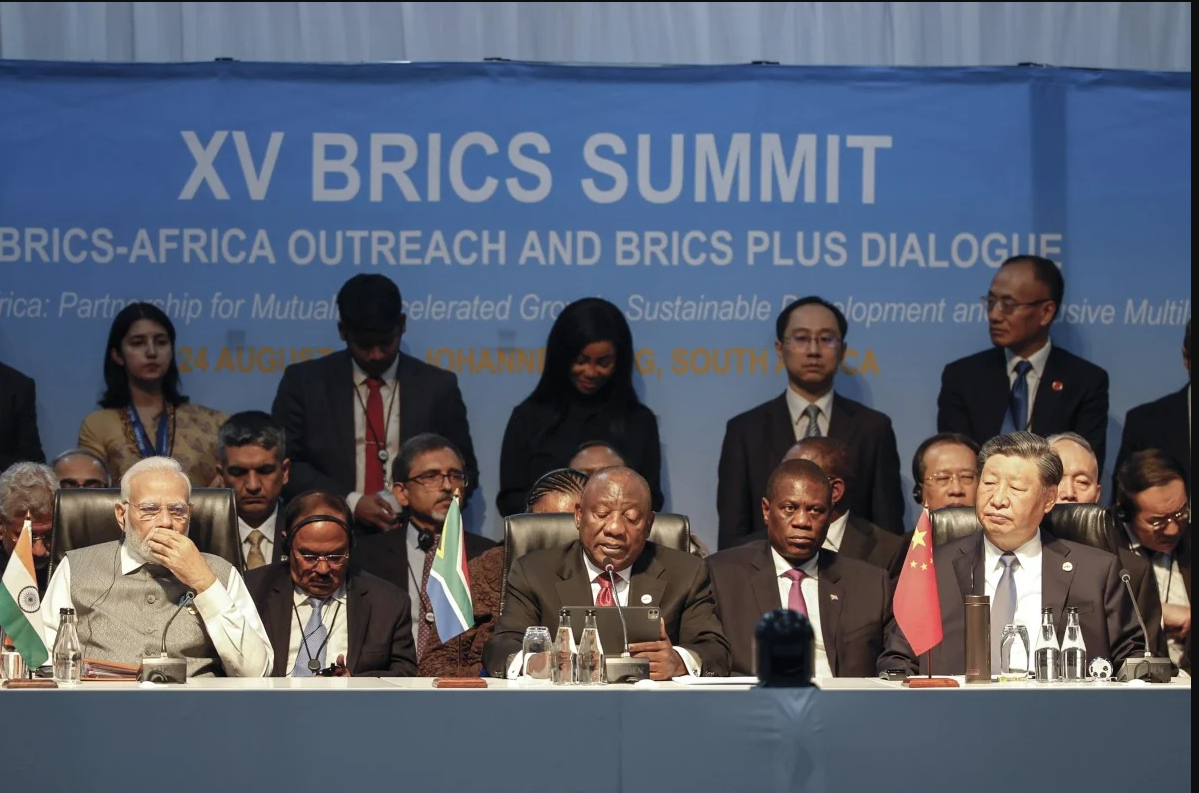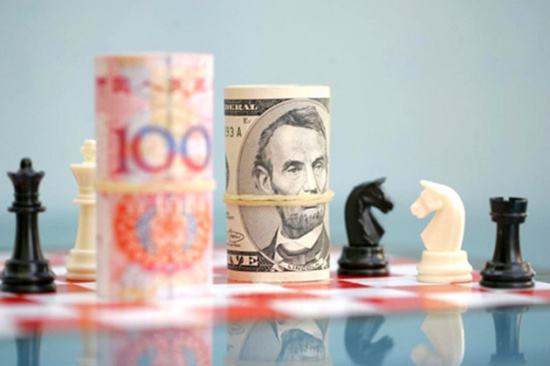
He Weiwen, Senior Fellow, Center for China and Globalization, CCG
Sep 20, 2023
Through sincere efforts by the U.S. and China, it’s possible that the decline in trade will bottom out this year. Strong business relationships can once again serve as a stabilizing factor in the overall relationship, and inure to the benefit of our two peoples and the world.

Andrew Sheng, Distinguished Fellow at the Asia Global Institute at the University of Hong Kong
Xiao Geng, President of the Hong Kong Institution for International Finance
Sep 08, 2023
US President Joe Biden’s recent executive order restricting American investments in Chinese semiconductors, microelectronics, quantum information technology, and artificial intelligence marks another escalation in the Sino-American tech war. In the context of the two superpowers’ intensifying geopolitical rivalry, the chances that this conflict will be resolved anytime soon are virtually zero, to the detriment of the global economy.
Shang-Jin Wei, Professor, Finance and Economics at Columbia University
Sep 08, 2023
The Chinese economy is underperforming relative to its growth potential. Not only are investment and consumption demand weaker than hoped, but the country is facing the challenge of two Ds: deflation and debt. While consumer-price inflation is close to negative territory, producer-price inflation has already been negative for a year. At the same time, the private and public sectors have accumulated massive debts, owing to higher spending during the pandemic and the broader response to the easy-money conditions of previous years.
Zhang Jun, Dean, School of Economics, Fudan University
Sep 08, 2023
China’s aggregate demand has weakened significantly over the past three years. In addition to the enduring effects of China’s anti-COVID policy, the country has also been weighed down by the decrease in global demand. Exports fell by 14.5% year on year in July, a stark contrast from the robust 17.2% export growth recorded in July 2022. Given these downturn pressures, the government’s decision not to announce a massive stimulus package, as many had anticipated, has left foreign and Chinese observers deeply perplexed.
Alicia Garcia Herrero, Chief Economist for Asia Pacific at NATIXIS and Senior Fellow at Bruegel
Sep 07, 2023
China's economic slowdown is no longer the main contributor to global growth, but the rising strength of developing Asian economies offers hope for sustained global economic activity in 2023.

Wang Youming, Senior Research Fellow of BRICS Economic Think Tank, Tsinghua University
Sep 05, 2023
With its expanded membership, the BRICS group has raised expectations for the Global South. It will promote democracy in international relations and ultimately achieve the goal of rebalancing the global power structure.
Li Huan, Deputy Director at CICIR's Institute of Hong Kong and Macao Studies, and Distinguished Research Fellow, Xiamen University
Sep 05, 2023
If a report in the Washington Post is true, the United States is playing politics by blocking John Lee Ka-chiu’s attendance at an upcoming APEC meeting in San Francisco. This must not be allowed to become a spark that starts another prairie fire in China-U.S. relations.

Benn Steil, Director of International Economics, Council on Foreign Relations
Aug 25, 2023
At the end of World War II, the United States accounted for more than half the world’s economic output and gold reserves. The United Kingdom was effectively bankrupt, with the remnants of the sterling area bound together by capital and trade controls. Once the British pound became convertible in July 1947, owing to US insistence, it succumbed to overwhelming selling pressure. The dollar, which was pegged to gold at $35 an ounce, was buoyed by America’s privileged position within the newly formed International Monetary Fund and quickly established itself as the bedrock of global trade and finance.
Zhang Monan, Deputy Director of Institute of American and European Studies, CCIEE
Aug 22, 2023
New investment restrictions from the Biden administration will serve to stimulate China’s research and development efforts. In the long run, the measures could also weaken the United States’ dominant position in the global high-tech industry by stimulating substitution in the industrial chain.
Zhong Yin, Research Professor, Research Institute of Global Chinese and Area Studies, Beijing Language and Culture University
Aug 22, 2023
GDP in the first half of 2023 increased 5.5 percent year-on-year as the country steadily left the COVID crisis behind. But the goal is not just short-term GDP improvement. If China sticks to its people-centered approach, it will create an ongoing pattern of high-quality development.